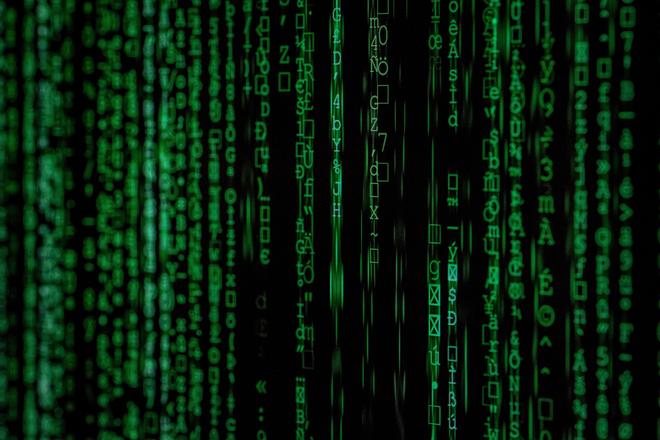Artificial intelligence will transform many industries beyond recognition. Manufacturing will be no exception. Let's take a look at what changes are in store for manufacturing thanks to AI.
Safety in the workplace
Artificial intelligence can control employee entry into the workplace based on computer vision. It can ensure that only authorised persons are present. This is particularly important in the current pandemic situation. At the same time, effective tracing is possible in the event of a coronavirus outbreak. Such tracing will help to prevent the further spread of the virus in the company. This avoids the risk of disruption to production in the company, which would occur if a critical mass of employees were to be absent from the working environment due to illness or quarantine. Employee safety is, of course, a priority for every company, even outside the current pandemic. Artificial intelligence can identify potential risk areas. At the same time, once a workplace safety incident has occurred, it can accelerate a root cause analysis. All of the aforementioned applications contribute to uninterrupted business operations and a healthier, safer workplace.

Machine maintenance
Artificial intelligence is changing the way machines are maintained. Nowadays, we have a reactive system in enterprises with regular maintenance. This means that machines are subject to regular maintenance, and in the event of a breakdown, we respond to the situation with an immediate repair. However, artificial intelligence turns this type of maintenance into predictive maintenance. Based on information from sensors and historical data, artificial intelligence can predict when production equipment will fail. It can predict the wear and tear on equipment parts, ensuring an adequate supply of spare parts to be used in the event of a failure or maintenance. All these measures will contribute to minimising production downtime.
Cybersecurity
As is the case in other areas, cybersecurity plays a key role in keeping a business running uninterrupted. This is because a company's production does not operate in isolation and is therefore vulnerable to external attacks. But resources for cybersecurity are limited so companies need to deploy artificial intelligence on the most pressing security issues. Production environments generate a large number of security records. Artificial intelligence will help navigate these records and find the proverbial needle in the haystack that signifies an enterprise security breach. The early identification of threats helps counter them and reduces the risk of production disruption.
Increase productivity
Artificial intelligence can do an analysis of large amounts of data and find patterns in that data. Such an analysis can be very useful for production optimisation. Production facilities are already equipped with sensors and provide a lot of useful data. It is the analysis of this data and the incorporation of the findings that can lead to minimising production costs and maximising profits.

Product development
In the past, it was necessary to develop products on a physical basis. This meant that we had to physically produce a prototype before we could test its features. But nowadays, it is possible to create a perfect digital copy of the product and test the product's features on it. This approach not only dramatically reduces development costs but also greatly speeds up product development. Using computer simulations, it is also possible to test different branches of product development affordably and thus discover features that would probably go unnoticed with physical research.
Robotics
One area, in particular, is responsible for increasing productivity in manufacturing: robotics. Specifically, the deployment of industrial robots in manufacturing. Robots are replacing expensive human labour. At the same time, they are more reliable than humans in repetitive work. They can work 24 hours a day, 7 days a week. And of course, they don't need holidays, just regular maintenance breaks.
Martin Spano is the author of Artificial Intelligence in a Nutshell and the most-followed informatician in Slovakia.


 (source: Unsplash - Markus Spiske)
(source: Unsplash - Markus Spiske)